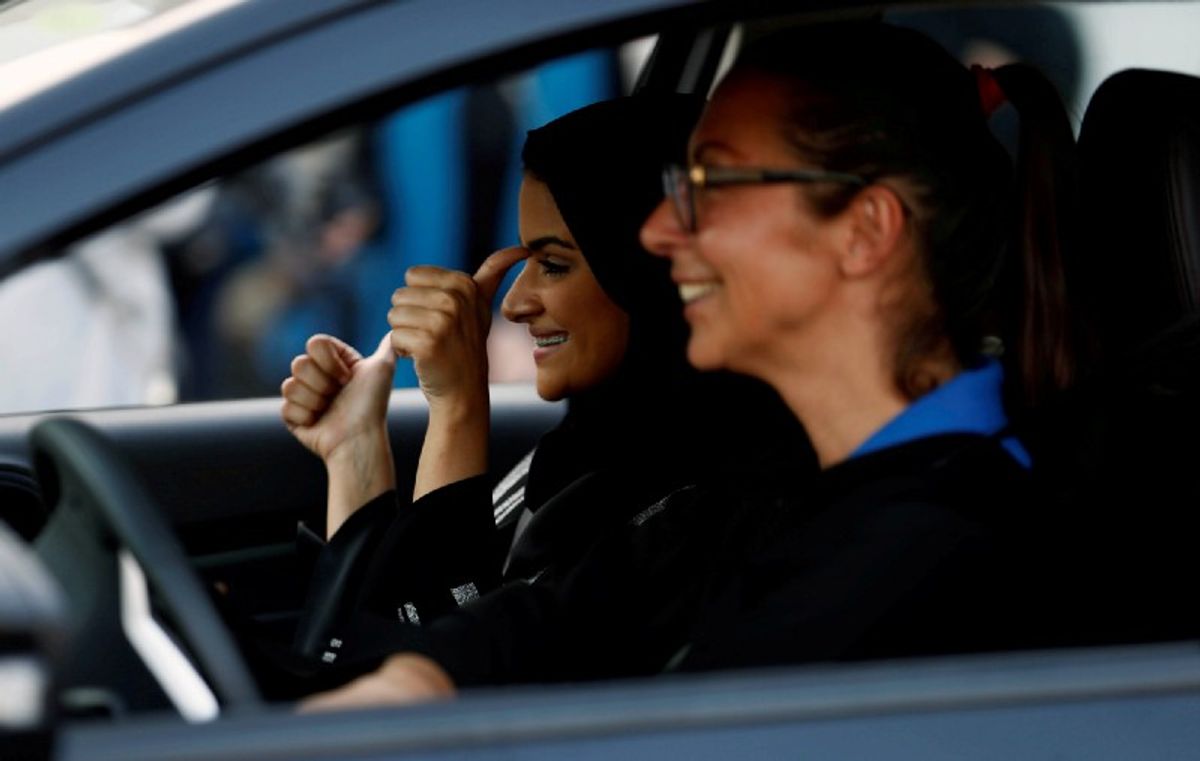This Sunday, for the first time in decades, no Saudi can be arrested on charges of “driving while female.” Get set for an avalanche of photos and video of smiling women in traditional dress driving cars of every description.
But there are other reasons why this is an important moment in Saudi history. An end of the driving ban will not persuade every father, husband, and brother to hand keys to his daughter, wife, or sister. It’s easier to change laws than attitudes.
In public, June 24 will be remembered as the day (some) women took the wheel. In private, it will be the day that launched a million small revolutions as new family battle-lines are drawn behind closed doors.
It will also be a fascinating test of both public and elite attitudes toward the modernization drive of Crown Prince (and would-be king) Mohammed bin Salman, the author of this political and cultural change.



















